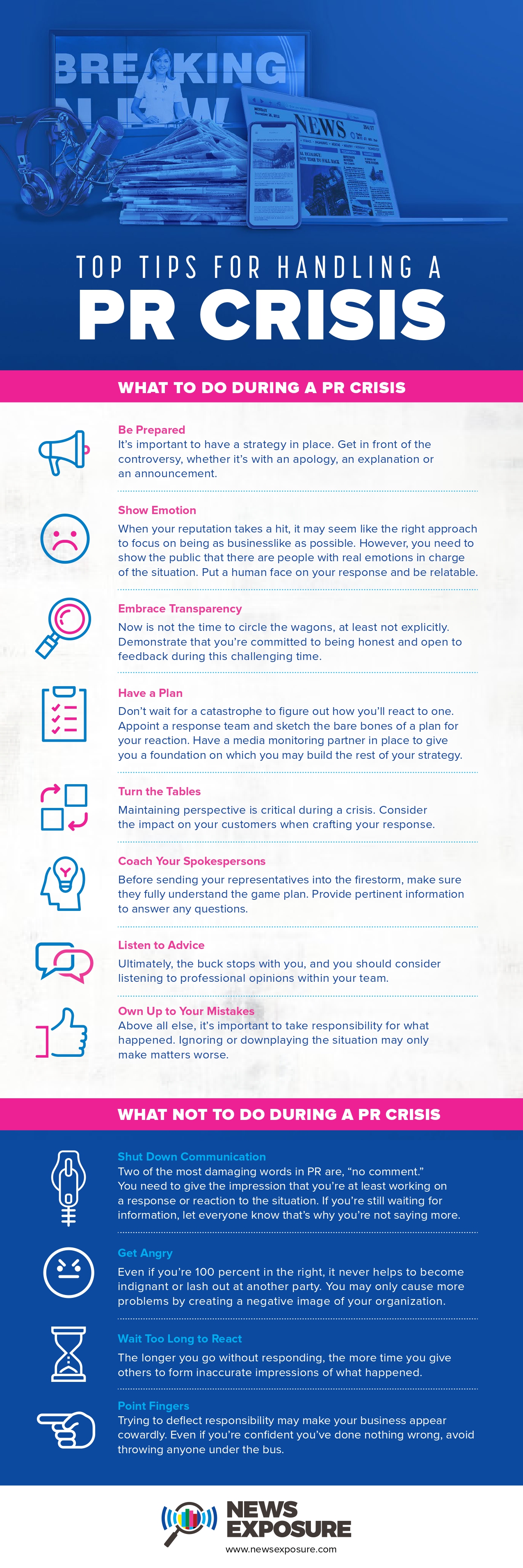When a crisis strikes, it can have a major impact on an organization’s reputation and bottom line. That’s why it’s crucial for companies to have a plan in place to handle negative press and communicate effectively with the media. Media training is a key component of crisis communication, as it helps executives and other spokespeople handle difficult questions and maintain control of the message.
Identifying potential crisis situations
Crises can take many forms, from natural disasters and product recalls to accusations of misconduct and financial scandals. Companies can anticipate and plan for potential crises by identifying potential risks and developing strategies to mitigate them. For example, a company that operates in an industry with a high risk of product recalls should have a plan in place for how to handle such an event.
Developing a crisis communication plan
A crisis communication plan should include key components such as an incident response team, a designated spokesperson, and a list of key stakeholders to inform in case of a crisis. The plan should also specify how to communicate with the media and other stakeholders in a timely and effective manner. It’s important to involve different stakeholders in the plan, including employees, customers, investors, and other key audiences.
Media training for crisis communication
When a crisis occurs, it’s important for executives and other spokespeople to communicate effectively with the media. Media training can help them handle difficult questions, maintain control of the message, and avoid saying anything that could damage the company’s reputation further. A media training course can also help spokespeople understand the media’s perspective and how to best communicate with them.
Conclusion
Crises are an unfortunate reality of doing business, but companies can minimize the damage by being prepared. Media training is a crucial component of crisis communication and can help executives and other spokespeople handle negative press, maintain control of the message, and protect the company’s reputation. By learning from real-world examples and developing a crisis communication plan, companies can be better equipped to handle whatever crisis comes their way.

Infographic created by News Exposure, Offering Extensive Media Content Analysis Solutions








